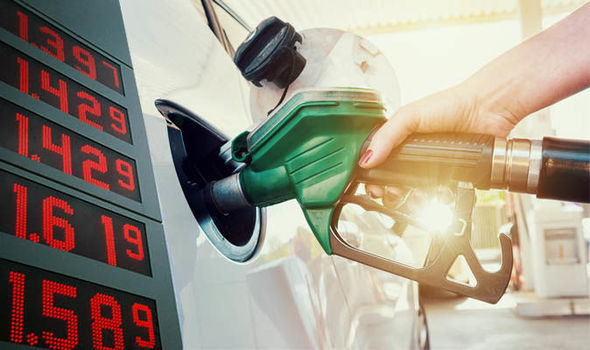This post has already been read 3881 times!
Again promises given by the Federal Government to properly consult marketers of Premium Motor Spirit (PMS) otherwise called petrol before arriving at the monthly price review of the product, some marketers yesterday told The Guardian that the government only consulted with them once since the new price regime started in March this year.
The Federal Government in a letter dated 31st of May reduced pump price of petrol within the price range of N121.50 and N123.50, a move the marketers described as reportedly taken without due consultation with most of them.
Where government takes decisions on prices without proper consultation, some stakeholders noted that the development could create uncertainty for marketers, especially in planning their stock as some would be wary to import or stock products, a development which could result in the Nigerian National Petroleum Corporation (NNPC) remaining the sole importer and possibly bear future under-recoveries, which government is currently avoiding.
Some marketers also alleged that price would mainly favour NNPC, which sources its products through state funded subsidiary.
“After a review of prevailing market fundamentals in the month of May and considering marketers realistic operating costs as much as practicable, we wish to advise of a new PMS guiding pump price with the corresponding ex-depot price for the month of June 2020, as follows; price band N121.50 – N123.50 per litre,” Petroleum Products Pricing Regulatory Agency (PPPRA), stated in its letter.
Executive Secretary and Chief Executive Officer, Major Oil Marketers Association of Nigeria, (MOMAN), Clement Isong opined that while the marketers, especially station dealers, would “struggle to implement” the new price, there was need for government to carry the traders along before arriving at the price of the commodity.
Like the case is in South Africa, where a transparent and published formula is used to determine price of petrol, Isong advised that while operators wait for the full price deregulation of the market, the adoption of a transparent formula to determine the price that any marketer, station dealer or indeed members of the public could use to accurately predict prices is necessary.
Under this scenario, Isong said: “Every marketer will be able to monitor its stock based on expected realities. The public will also monitor the price. In Nigeria, it is opaque as we do not know when, how or on what basis prices could go up or down.”
He insisted that total deregulation of the downstream sector remained the best option for the country, adding that as marketers are uncertain of how pricing is arrived at, they would minimize their risk by sticking to minimum stock which is risky, especially as we do not refine the product in Nigeria and we need to import and maintain strategic stocks to avoid disruption.
National President of PETROAN, Dr. Billy Gillis Harry, told The Guardian that the marketers only woke up to the new price.
“We were not consulted; even in a deregulation there will be need for stakeholder input. It will affect us,” he said.



